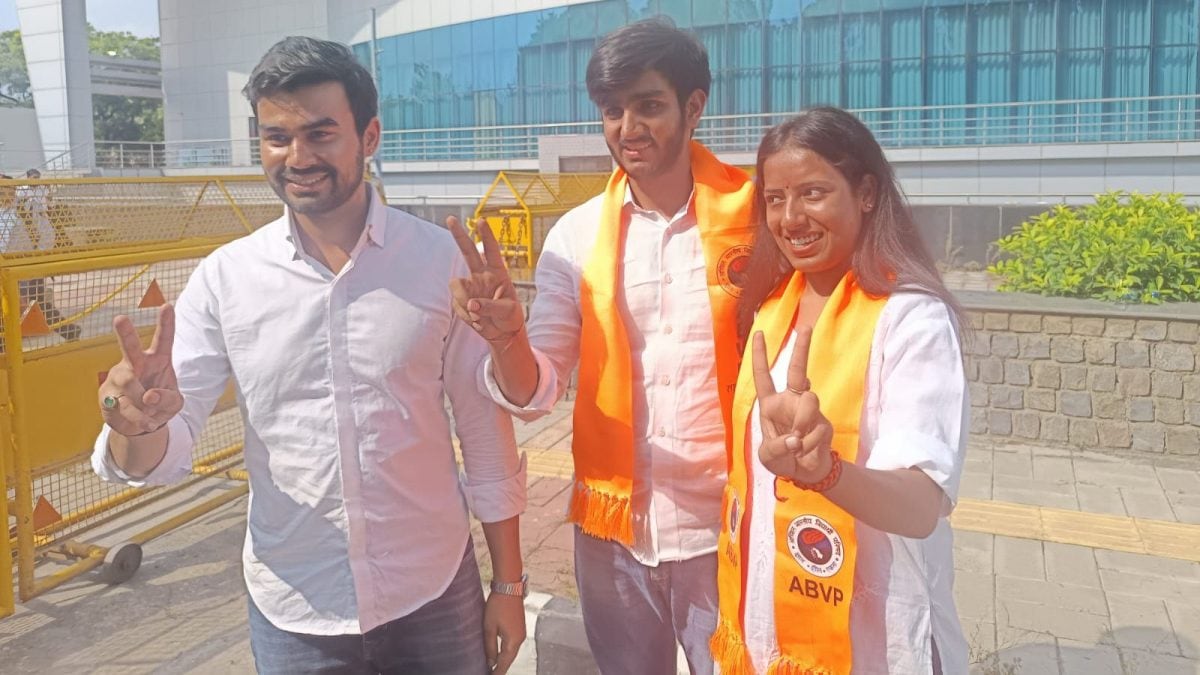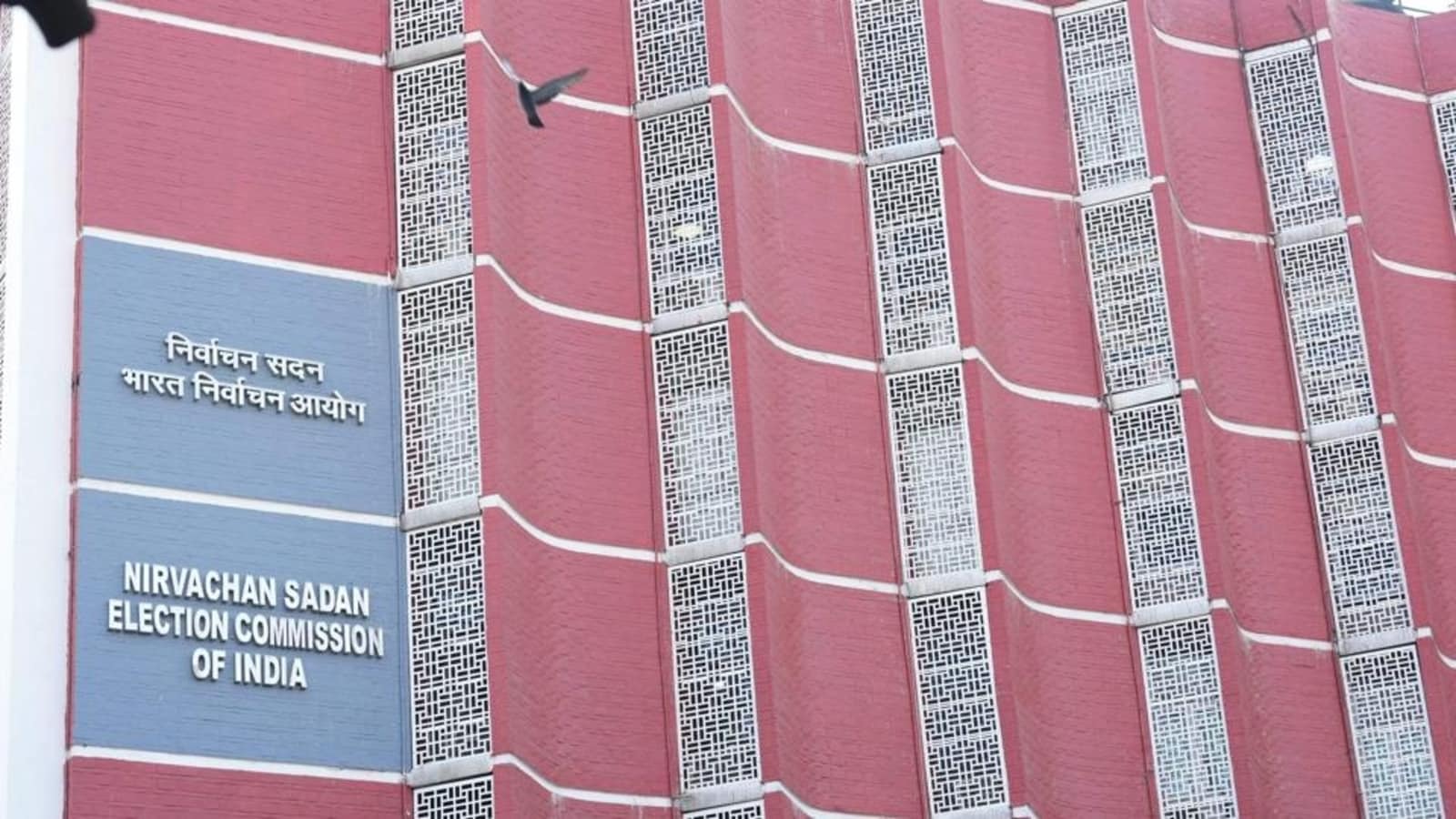Now Reading: ABVP Wins Big in DUSU Polls as NSUI Reduced to Just One Key Post
-
01
ABVP Wins Big in DUSU Polls as NSUI Reduced to Just One Key Post
ABVP Wins Big in DUSU Polls as NSUI Reduced to Just One Key Post

In the latest DUSU elections at Delhi University, ABVP grabbed three of the four main elected posts, leaving NSUI with only the Vice President seat. The margin in the presidential contest was large, reflecting a strong swing in student sentiment. For those watching student politics, especially from Tier-2 cities, this result shows how ground support, campaign strategy, and symbolic leadership roles still matter deeply.
What the Results Look Like
ABVP candidates won the posts of President, Secretary, and Joint Secretary. The presidential winner, Aryan Maan, secured over 28,000 votes compared to his NSUI rival’s 12,600-odd votes. NSUI’s lone success was in the Vice President slot, with Rahul Jhansla winning that position.
Why This Matters for Student Politics
Winning multiple top posts gives ABVP greater control over the student body’s agenda, decision-making, and visibility on campus. For NSUI, holding only one post limits its leverage in influencing campus policy. These outcomes matter for students who care about issues like hostel facilities, transport costs, student welfare, and campus safety.
What This Signals Beyond Delhi
In smaller towns and Tier-2 cities, student wings of national parties often draw inspiration from results like these. A strong showing by ABVP here could boost their morale in other university elections. It might also shift how NSUI and others plan their local strategies—how they campaign, whom they put forward as candidates, which issues they highlight.
Strengths, Weaknesses, and Challenges
ABVP’s strengths included a well-organised campaign, clear communication, high visibility, and leveraging social media. But there could be challenges ahead: expectations will be high, and delivering on promises like better infrastructure or transport concessions is not easy. For NSUI, the challenge is rebuilding trust, rethinking leadership, and finding themes that resonate more with today’s students.
What Students Should Watch From Here
How ABVP uses its newly won majority in the union’s executive body will be a test—do they focus on actual issues or mostly symbolic moves? Will NSUI use its Vice President post to punch above its size? And how will both groups engage with non-political student concerns like mental health, inclusivity, and safety? These will decide whether student politics is just image-making or real change.
Conclusion
ABVP’s sweep of three posts in the DUSU elections shows it is firmly in the lead right now, while NSUI’s reduced share signals they must recalibrate. For students across India, especially in smaller cities, this result is a reminder: representation matters but so does performance. What this really means is that future credibility will depend not only on winning votes but also on delivering promises and earning trust.

























